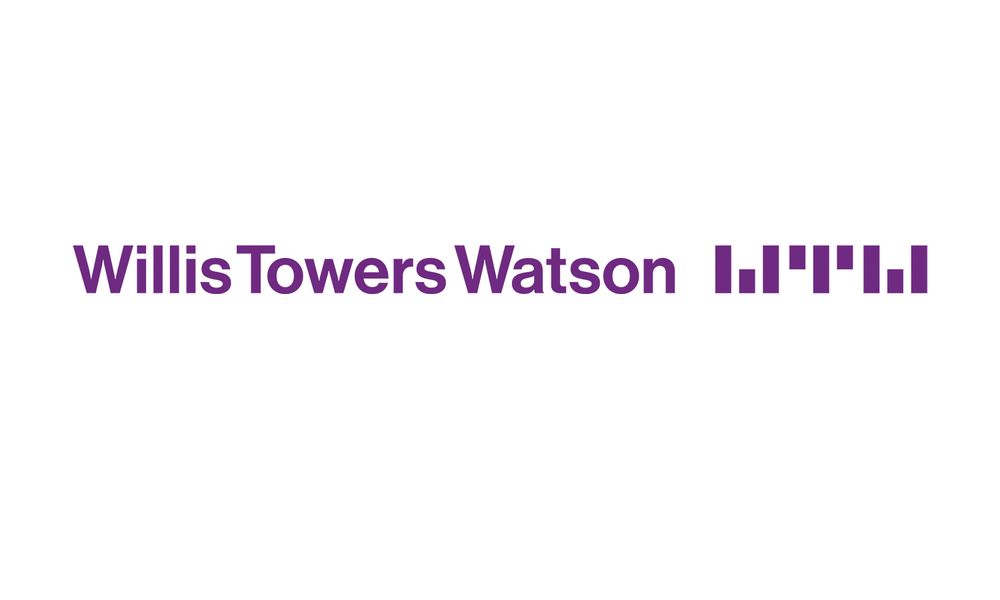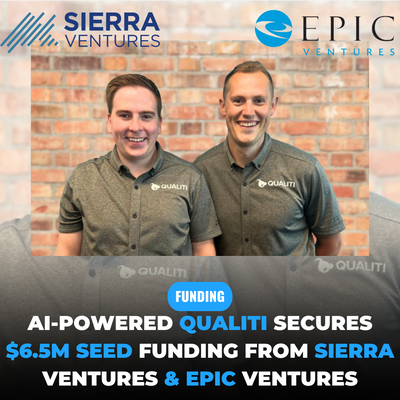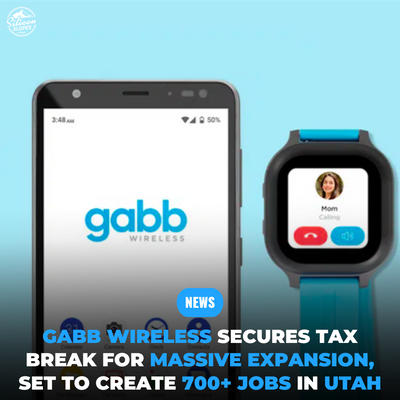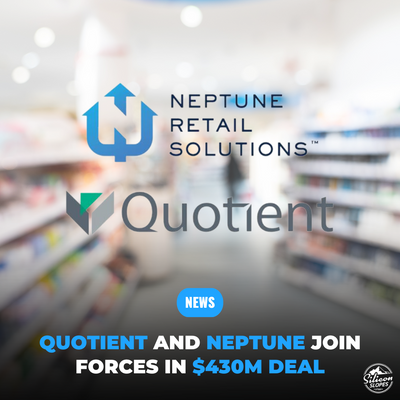It’s March 2021, a year later with our lives different in so many ways. Work, home, family- so many things have shifted in the last 12 months. As we slowly transition to our new normal, what does it look like? How are you feeling? Wellbeing has come to the forefront more than ever, and after some of us have limped along for a year now, it’s time to prioritize our own status. Willis Towers Watson, a leading global advisory, broking and solutions company, is honing in on wellbeing and the important conversations we need to be having.
A year ago, most of us didn’t know what social wellbeing was. It wasn’t until we couldn’t be social that we felt its impact. Social wellbeing is a completely different facet that is so important to our general wellbeing. Feeling connected to your employer, your family and friends, your purpose- those feelings of connectedness are your social wellbeing. Because this became such an issue, employers started to notice. No longer was it about a ping pong table and full beverage fridge in the office, our needs became centered on support from our employers and effective communication through a screen.
“In 2020, organizations had to be really nimble,” says Regina Ihrke, the Well Being Leader for Willis Towers Watson North America. “There’s a post-Covid world that we’re entering, and what does that world look like? We’re seeing that the Q1 word is burnout and we’re looking at the sustainability of what we’ve expected people to be able to deal with. If productivity is stable, why is there burnout? Well, it’s because we’ve been working at this pace for such a long time. We didn’t take time off, we worked harder to get our jobs done, and we worked differently. It’s wearing on our employees, and Willis Towers Watson helps employees maximize their offerings that in years past didn’t really get utilized the way they should have.”
In Utah, Willis Towers Watson offers a range of offerings to employers. Core benefits, talent and rewards, retirement, health care, mental, physical, emotional and financial wellbeing. If it happens in the human resource area, Willis Towers Watson handles that, but they also focus on optimizing financial sustainability across human capital and risk mitigation for areas such as, cybersecurity, workers compensation and property and casualty. The focus is to prioritize those specific things that are important to your employees and your specific organization. It’s not a cookie cutter situation, so everyone’s needs are different.
Willis Towers Watson looks at the employee experience. “We design things with the end-user in mind,” says Mike Thomson, Associate Director, Health and Benefits, and Consulting based in Salt Lake City. “We don’t want to dump a lot of things on your lap if they’re not going to be useful to your business.”
“Really understanding different needs of different people out there is paramount,” says Regina. “We don’t want to auto-enroll a lower wage worker in a 401K if they’re having a hard time putting food on the table. We have much more thoughtful design conversations about this. We talk about enrolling them in an emergency funds savings first, then help them with life skills like budgeting and what they need to buy a home, and then maybe in a few years talk about 401K. Traditionally, we’ve fit our life into our work. But the pandemic shifted us to fitting our work into our life, and especially for the younger working generation,” says Regina. “Flex work is becoming more important than ever- employees want a flexible arrangement. It’s a major change in the post-covid world.”
Last year accelerated our employer listening skills. What do your employees need, and what do you need as an employer? Not sure? Willis Towers Watson can help. To learn more, visit willistowerswatson.com/en-US/







